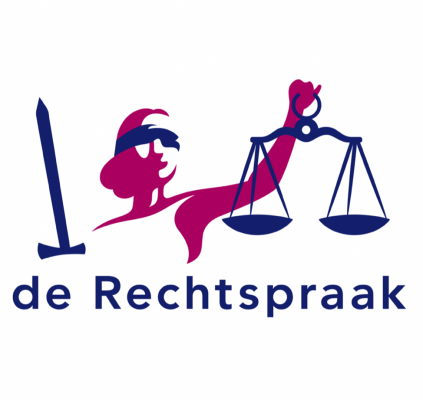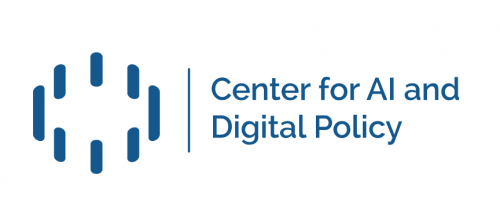With this issue of the CAIDP Update, we provide a survey of recent AI policy news around the globe. More AI policy news from CAIDP is available here.
The Court of Justice of the European Union heard legal arguments about the use of AI technique for the EU funded iBorderCtrl project. MEP Patrick Breyer filed the transparency lawsuit, seeking access to documents about the project. Breyer called the pilot project with lie-detecting avatars that quiz travelers at the borders “pseudo-scientific security hocus pocus.” At issue in the case is whether research funded by the EU must comply with EU fundamental rights. (“Orwellian AI lie detector project challenged in EU court: Transparency suit highlights questions of ethics and efficacy attached to the bloc’s flagship R&D program,” Feb. 5, 2021)
According to Reuters, Japanese companies are ramping up the use of artificial intelligence and other advanced technology to reduce waste and cut costs in the pandemic, and looking to score some sustainability points along the way. (“Japanese companies go high-tech in the battle against food waste,” Feb. 28, 2021)
UNESCO has launched an Artificial Intelligence Needs Assessment Survey in Africa. The survey highlights the need to strengthen policy, legal and regulatory knowledge for AI governance in Africa. The survey notes that as AI policies are developed across Africa, countries will benefit from greater coordination and expertise to address similar and shared challenges. (UNESCO, March 4, 2021)
Digital Privacy News reports that facial-recognition technology is now one of the fastest-growing and most widely dispersed technologies in the world. But nowhere has high-resolution facial recognition become more prevalent than inside China. According to experts in the global technology-surveillance industry, China has approximately 170 million close-circuit cameras around the nation, including at 200 airports. (“Mainland Chinese Fear Growing Use of Face Recognition,” Feb. 24, 2021)
The European Commission has launched a consultation “improving the working conditions in platform work” and algorithmic management. The inquiry noted that the Digital Services Act called for transparency in “algorithms and recommender systems used by online platforms.” (European Commission, Feb. 24, 2021)
In Kazakhstan President Kassym-Jomart Tokayev said that the pandemic has accelerated digitalization with 90% of public services now switched to e-format. President Tokayev also described a new educational initiative based on AI. He spoke at the international forum Digital Almaty 2021, which has become a key platform for discussing the digital policy agenda. (“Kazakh President addresses 4th edition of Digital Almaty int’l forum,” Feb. 5, 2021)
TechCrunch reports that Sweden’s data protection agency has fined the local police authority approximately $300,000 for unlawful use of the controversial facial recognition software Clearview AI. The police will be required to educate staff and prevent any future processing of personal data in breach of data protection rules and regulations. (Sweden’s data watchdog slaps police for unlawful use of Clearview AI,” Feb. 12, 2021)
In Mexico, Dr. Ricardo Monreal Ávila has introduced legislation to regulate social media. The proposal aims to ensure human review of automated decisions by AI systems that could limit access to the Internet, such as the permanent cancellation of user accounts. Senator Monreal is encouraging public comment on his proposal.
In the United States, the Chinese tech firm ByteDance, the operator of TikTok, has agreed to pay $92 million to settle a class action privacy lawsuit. The lawsuit charged, among several other claims, that the company provided user data to the Chinese government to assist in meeting two “crucial and intertwined state objectives: (a) world dominance in artificial intelligence and (b) population surveillance and control.” Also at issue in the case was TikTok’s use of AI techniques for facial recognition.
Uzbekistan accelerates introduction of artificial intelligence technologies. According to the Trend News Agency, the Institute for the Development of Artificial Intelligence will be created in Uzbekistan after President Shavkat Mirziyoyev signed a decree on measures to create conditions for the accelerated introduction of artificial intelligence technologies.
Marc Rotenberg, Director
Center for AI and Digital Policy at the Michael Dukakis Institute
The Center for AI and Digital Policy, founded in 2020, advises governments on technology policy.











